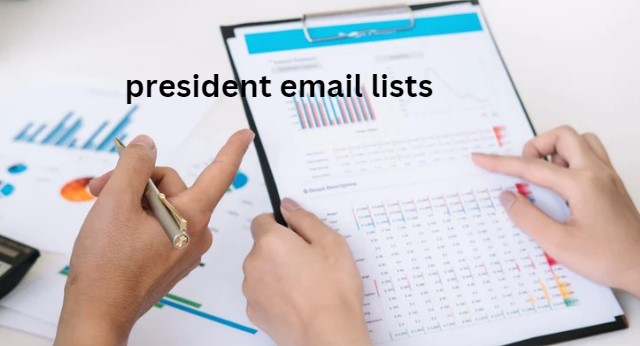Encourage customer feedback
Here, you are incentivizing data entry from your customers just as you would to increase your email signup numbers. The difference is that you want feedback on your product or service.
Unfortunately, providing that kind of information is quite annoying for many people. Therefore, it is always a good idea to have an attractive reward along with a short survey.
Take advantage of customer exits
Cart abandonment is a huge problem with e-commerce websites. People visit, add items to their carts, and then leave.
As they browse elsewhere, it's the perfect time to let them know president email lists that they can get the items in their cart at a discounted price, with free shipping, or with some other perk if they complete their checkout within the time frame you decide. Now, people will think twice and probably even buy whatever's left in their cart.
Ask for email addresses to get rewards
Consider using incentives that will only set your business back a little to help fill your mailing list. They could even be for future use.
For example, if a customer provides an email address, there's a $15 coupon for their next purchase over $100. You don't always need to do something right away.
Improve sales campaign momentum
Sales campaigns are meant to generate more clicks and purchases. Especially if you have a highly anticipated event, stimulating interest through countdown pop-ups is no easy feat.

Perhaps you can give potential buyers the option to take advantage of “early bird pricing” or offer them a sneak peek of the event, which will get people prepared for what they want to buy.
This goes beyond simply letting people know what's on the horizon. Here, the intent is to use the information you collect to understand precisely where interest lies.
